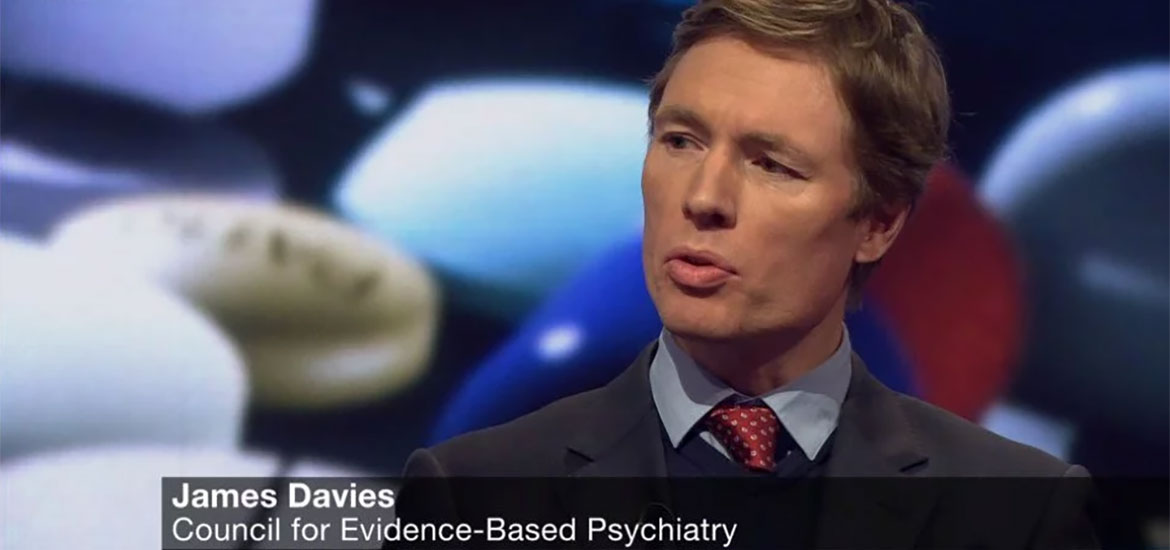Psychotherapists empowered to aid prescription drug patients thanks to Roehampton research
- Wednesday, December 4, 2019
New official guidance means clients will be better supported to understand the difference between emotional distress, relapse and the side and withdrawal effects of psychiatric drugs.

On Wednesday, December 4 2019, the UK government is launching new national guidance for psychological therapists.
Two Roehampton academics in the department of Psychology, Dr James Davies and Professor Rosemary Rizq, have led the way in developing this guidance which was collectively funded and steered by the British Association for Counselling and Psychotherapy (BACP), British Psychological Society (BPS) and United Kingdom Council for Psychotherapy (UKCP), in conjunction with members of the All-Party Parliamentary Group for Prescribed Drug Dependence Secretariat and the National Survivor User Network (NSUN).
Following Public Health England's 2019 report acknowledging the growing problem of prescribed drug dependency, this guidance gives psychological therapists the information they need to help clients struggling with side effects and withdrawal issues resulting from the use of prescribed psychiatric drugs such as antidepressants, anxiolytics and antipsychotics.
The professional accrediting organisations together represent over 80,000 of the UK's psychologists, psychotherapists and counsellors. Along with the National Counselling Society (NCS), they endorse the guidance and will be promoting it to their members and relevant training organisations.
Dr Davies, who co-authored the guidance, said, ‘PHE and NICE have finally acknowledged that antidepressant withdrawal can be severe and protracted – lasting for many weeks and, in some cases, months and beyond. Many such reactions have been misread as relapse by doctors, with drugs being reinstated, and little or no withdrawal support offered. This guidance indicates how therapists can identify withdrawal and support their clients. It is gratifying that our national therapeutic organisations, through this guidance, are taking their share of responsibility for addressing this nationwide problem.
‘In addition to offering such support, we now need to address our over-prescribing problem; significantly increasing our provision for social and psychological alternatives, including longer-term therapies’.
Professor Rizq, co-editor and author of the guidance, said, ‘Therapists need evidence-based information about the main classes of psychiatric drugs, how they are understood to work, their potential impact on therapeutic work and their potential and likelihood for dependence. That's what we've provided in this guidance so they can support their clients better’.
Guidance for Psychological Therapists: Enabling conversations with clients taking or withdrawing from prescribed psychiatric drugs is available online at prescribeddrug.info from 4 December.
The University of Roehampton's Department of Life Sciences is home to the Health Science Research Centre, which conducts research in areas including neuroscience, nutrition, human metabolism, immunology, cell biology and microbiology.
The Department of Life Sciences and Department of Psychology at the University of Roehampton conduct world-leading research which changes lives and furthers our understanding of the mind, brain and human behaviour.